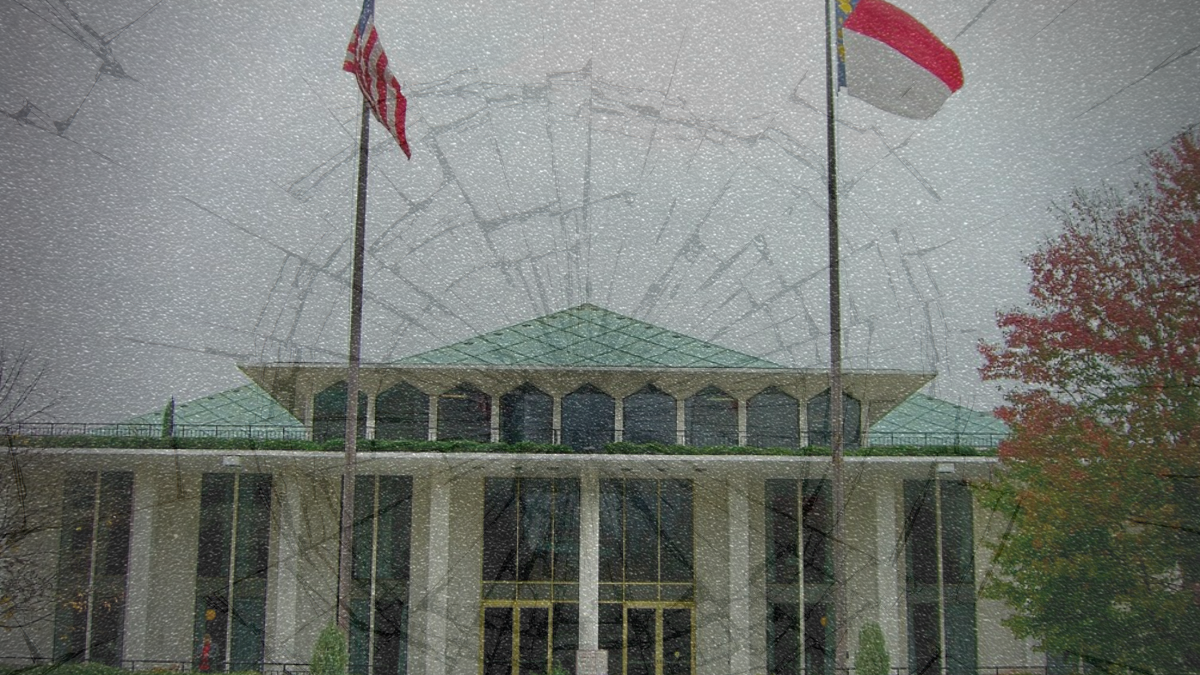Source: Center for American Progress
North Carolina is increasingly becoming ground zero for the counter-majoritarian movement designed to “lock in political minority rule and slow the nation’s progress,” according to a new report from the Center for American Progress.
North Carolina is a swing state with competitive elections – in 2020, both Republican Donald Trump and Democrat Roy Cooper won statewide. However, because of extreme partisan gerrymandering, the state Legislature is overwhelmingly led by Republicans, and they now have a veto-proof supermajority thanks to a former Democrat who switched parties.
Now, the Republican-controlled legislature has “aggressively wielded its power to entrench its political control, breaking long-standing norms and raising unprecedented legal theories in state and federal courts to protect that power. These actions have secured a partisan head start in elections,” the report notes.
The report notes three main actions the Republican legislature has taken to cement its political minority rule in recent years:
- Using extreme partisan gerrymandering validated by a partisan state Supreme Court: After Republicans took control of the state Supreme Court this year, they reversed a previous decision and ruled that Republican legislative leaders were free to enact gerrymandered political maps. Republican legislative leaders did just that, and now the U.S. House delegation from North Carolina is poised to swing from the current 7 Democrats-7 Republicans (elected under fair maps) to potentially an 11-3 Republican advantage.
- Limiting the legitimate authorities of the duly-elected Governor: Using their new supermajority, the Republican legislature recently passed a new law to eliminate the governor’s power to appoint state and county election boards and give that power instead to themselves, increasing their ability to influence future election results. This law is currently being litigated.
- Making it harder for North Carolinians to vote: The Republican supermajority also recently passed a new law to end the three-day grace period to receive and count absentee ballots that are postmarked by Election Day, and new provisions that make it harder to register to vote, ban voting drop boxes, and expand voter challenges. Like the law on the governor’s authority, this is also currently being litigated.
While state Republicans continue to try to entrench their control, the report notes ways federal legislation could help ameliorate the situation, including banning partisan gerrymandering, establishing an affirmative legal right to vote, and enacting nationwide federal standards that expand access to the ballot and thwart partisan election subversion.





